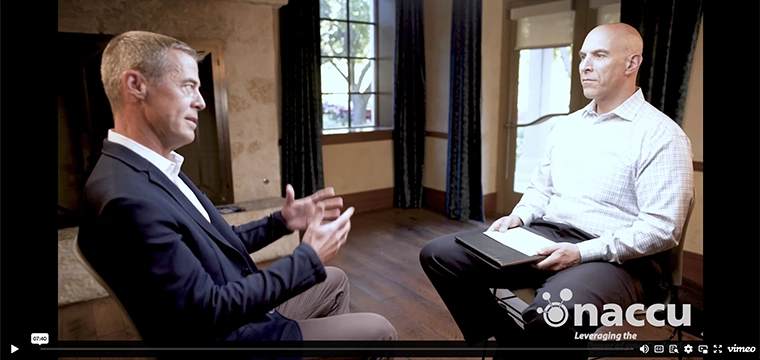Related: Campus laundry: A brief history
Take a look back at how laundry has evolved on campus

Cards, cash or free?
But there can also be disadvantages to the semester fee. “We have seen reports of greatly increased laundry cycles and wear and tear from increased usage,” says Heartland’s Emery. “If they are not paying for the cycle students are more likely to, for example, wash a single pair of jeans that they want for going out that night rather than waiting to do a full load.”
This out of sight, out of mind perception may lead to increased utilization by residents, but it could also open the door to fraudulent use. “Some campuses have reported that non-residents or even non-students are bringing in their laundry since it does not require payment at the time of use,” Emery says.
The dilemma of laundry access is one of the ancillary concerns that will likely divide opinion.
“Very few off-campus citizens bring their laundry onto college campuses instead of using a public laundry mat,” says Robert Huber, campus card business consultant. “It’s time consuming and tedious to lug a pile of dirty clothes into a campus, and even if they did most laundry facilities are guarded behind residence hall access security.”
|
Related: Campus laundry: A brief history Take a look back at how laundry has evolved on campus |
As an added measure, there’s always the option of installing an access reader at the laundry room door so that only students are permitted to use the facility, Huber says. “All residential students need a campus card so it makes sense to leverage it.”
This speaks to laundry best practices, and as a general rule if non-residents are a concern then a laundry facility should reside behind at least one layer of privileged access.
We also see laundry readers being used, not for payment, but to limit use to eligible students in a residence facility and track users, Emery says. “Alternatively, some campuses are installing access control solutions on the laundry room doors to control entry.”
The current formula sees laundry machines coupled with card readers that accept per-use payments via the campus card transaction system.
“Most laundry contractors can – and many prefer to – provide a multi-tender electronic payment reader as part of an agreement,” says Huber. “Contractors no longer have to deal with the vulnerability and expenses associated with cash handling and they reduce potential equipment pilferage.”
It’s also common for contractor-provided readers to be wireless or use a separate data line, which on the campus side, can helps to minimize PCI compliance concerns if debit and credit cards are accepted, explains Huber. “With these readers being online, the contractor or monitoring service knows immediately when a laundry machine isn’t working and arrange to have the machine serviced without relying on someone reporting it,” he adds.




